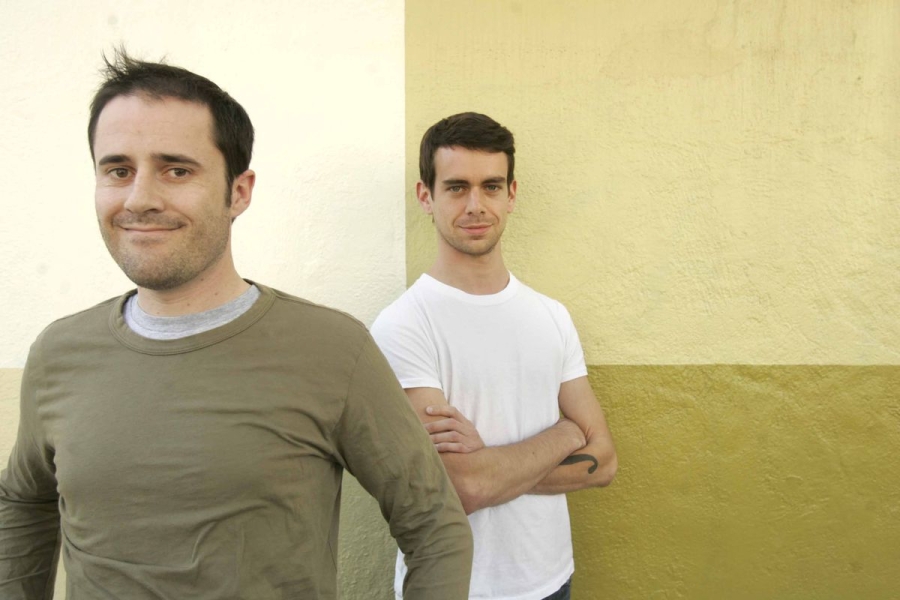To find out who did, look all the way back to the start of the story.

Peter Kafka covers media and technology, and their intersection, at Vox. Many of his stories can be found in his Kafka on Media newsletter, and he also hosts the Recode Media podcast.
Twitter is a disaster.
But you know that already.
Why is Twitter a disaster?
You probably think you know that, too: The usual suspect is Elon Musk, who has spent the year he’s owned Twitter doing his best to drive away users, advertisers, and any remaining sense of fun or utility the service used to have. (He’s also inexplicably renamed it “X,” which I’ll mention here solely to appease Vox’s excellent copy editors.)
But I’ve spent a lot of time thinking about Twitter’s history recently — because I’m the host of The Twitter Fantasy, Vox Media’s newest installment of its Land of the Giants podcast series, which launches today. And I don’t think Elon is the right answer for this whodunit.
Elon has definitely, demonstrably made Twitter worse. But I’d argue that Twitter’s present is a direct consequence of its shambolic origin story, where its co-founders and funders couldn’t decide what it ought to be. And that when they finally did decide, they set themselves up for eventual disappointment.
“Some people would look at it and say, ‘Oh God, this is like short-form email’ … ‘This is the future of communications’ … ‘This is the public square,’” says Betaworks CEO John Borthwick, who sold multiple startups to Twitter in its early years and had a ringside seat for its early growing pains. “Twitter didn’t actually state what they were. And so they could be many things to many different people.”
What Twitter and its investors finally did decide is that the company would be the next Facebook: a venture-backed social network fueled by its users’ content and supported by advertising. And that didn’t seem crazy in the late 2000s: The brief history of social networks up until that time was that each one was bigger and more valuable than the last, and Twitter was following Facebook, which was already supposedly worth billions.
The problem is that by the time Twitter went public in 2013, it was already clear that it wasn’t going to be Facebook. It wasn’t going to have anything like Facebook’s ginormous user base, and it didn’t have Facebook’s money-printing advertising machine. So if you wanted to invest in a fast-growing, money-making internet company, you invested in Facebook, not Twitter. Which meant Twitter’s stock languished while Facebook’s skyrocketed, and by the time Musk showed up and was willing to overpay for Twitter in 2022, no one had a better idea what to do with the company.
And that’s part of the story we tell in this episode, which you can listen to below.
It’s also not the whole story. And, I should point out, it’s not a story everyone agrees with. Former Twitter CEO Dick Costolo, for instance, thinks the key moment in Twitter’s history was its failed attempt to buy Instagram, months before Facebook actually did buy the startup for $1 billion.
If Twitter had pulled off the deal, Costolo told me, “we would’ve won… [and] that probably would’ve changed the course of the internet in some important way.”
Even still, Twitter managed — often in spite of itself — to be a fundamentally important company, and it’s not going away anytime soon. So this has been a tremendously entertaining podcast series to put together. I hope you like it, and even if you don’t I’d love to hear your feedback. Please listen above or on your favorite app, and drop me a line here with your questions and commentary.
Source: vox.com